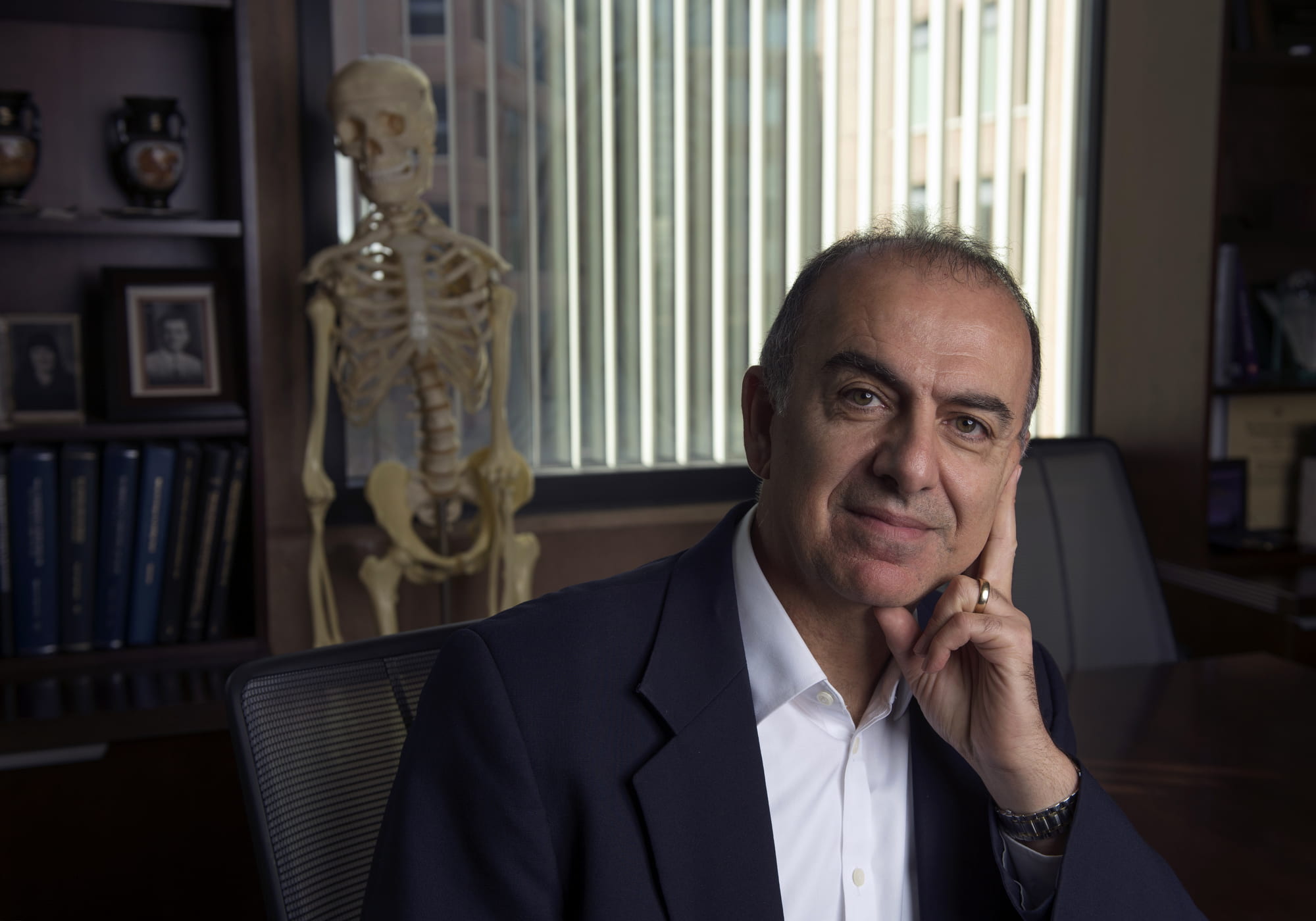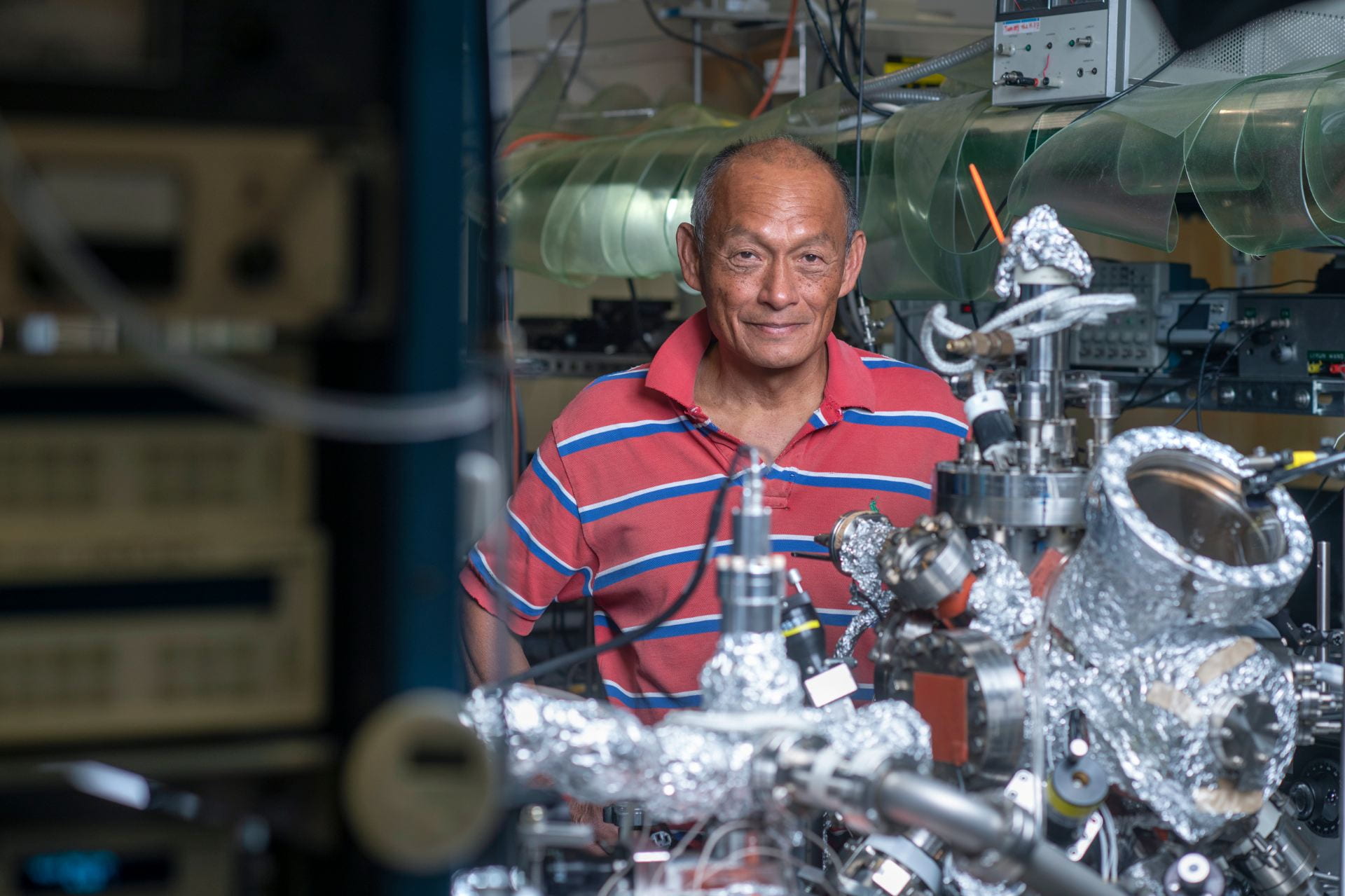UCI researchers win $2 million NIH grant to develop biologic implant for spinal facet joints

The National Institutes of Health has awarded $2 million to researchers in UCI’s Henry Samueli School of Engineering to develop a biologic implant for the spinal facet joint. This grant, given to a team led by Kyriacos Athanasiou, Henry Samueli Chair in Engineering and Distinguished Professor of biomedical engineering, will be the first to focus on the treatment of facet joint degeneration, a highly prevalent contributor to back pain. “The goal of the project is to use self-assembled cartilage, which is a technique for cartilage tissue engineering that my group has been developing for over a decade, to generate an implant that can restore structure and function to degenerated facet joints,” Athanasiou said. Current treatment options for the condition are limited. “It has been found that degeneration in the facet joints is present in 70 percent of the population by the age of 30,” said team member Rachel Nordberg, a UCI postdoctoral scholar in biomedical engineering. “As we age, this degeneration continues to progress, afflicting essentially the entire population by the age of 60.” Co-investigator Jerry Hu, a program manager in the Department of Biomedical Engineering, added: “Unfortunately, management of facet pain is short-lived. On average, treatments such as neurotomy last for only nine months, which is why we’re seeking to develop novel living tissue implants for the facet.” Other collaborators on the NIH-funded project include Dr. Michael Yaszemski and Dr. Benjamin Elder, spine surgeons at the Mayo Clinic.


